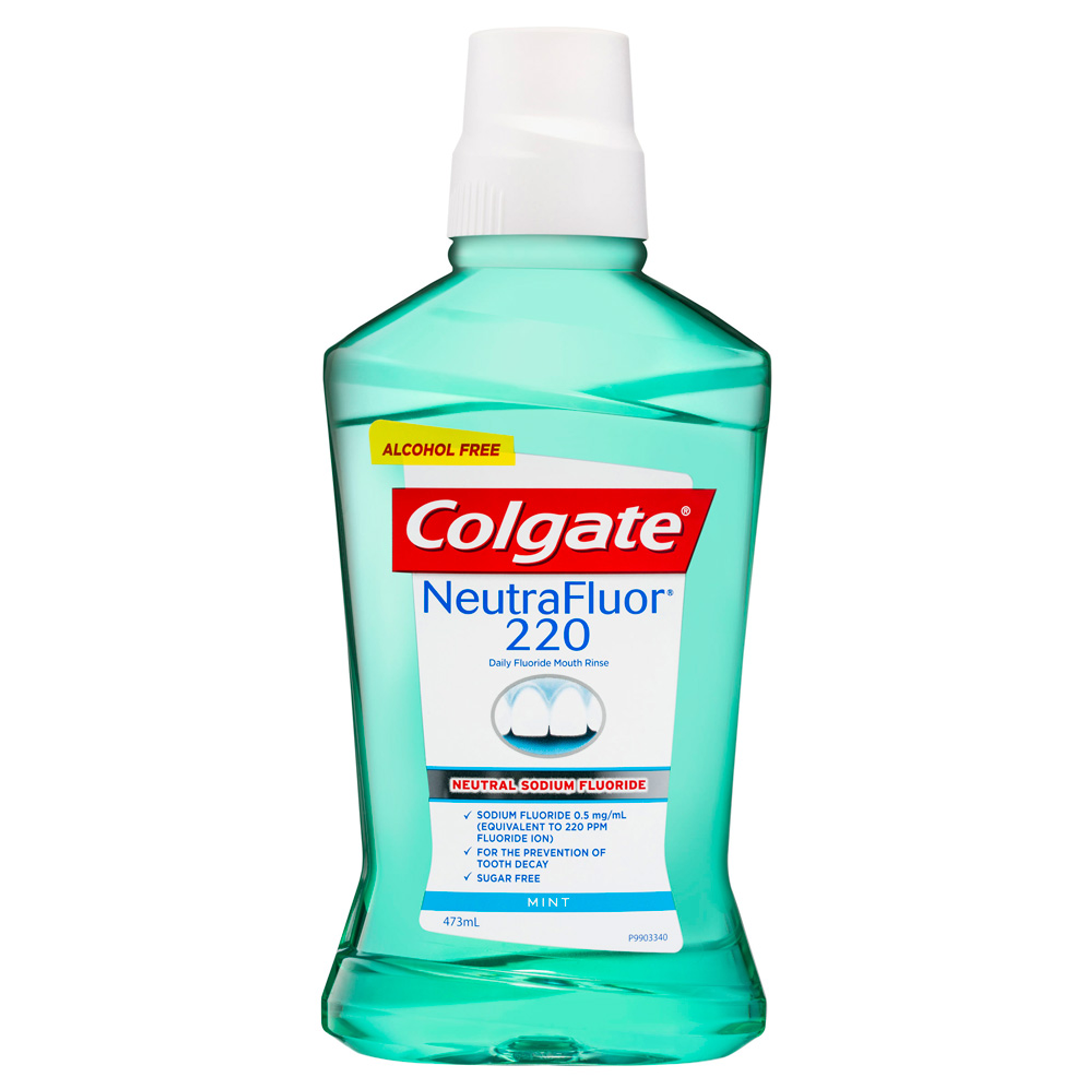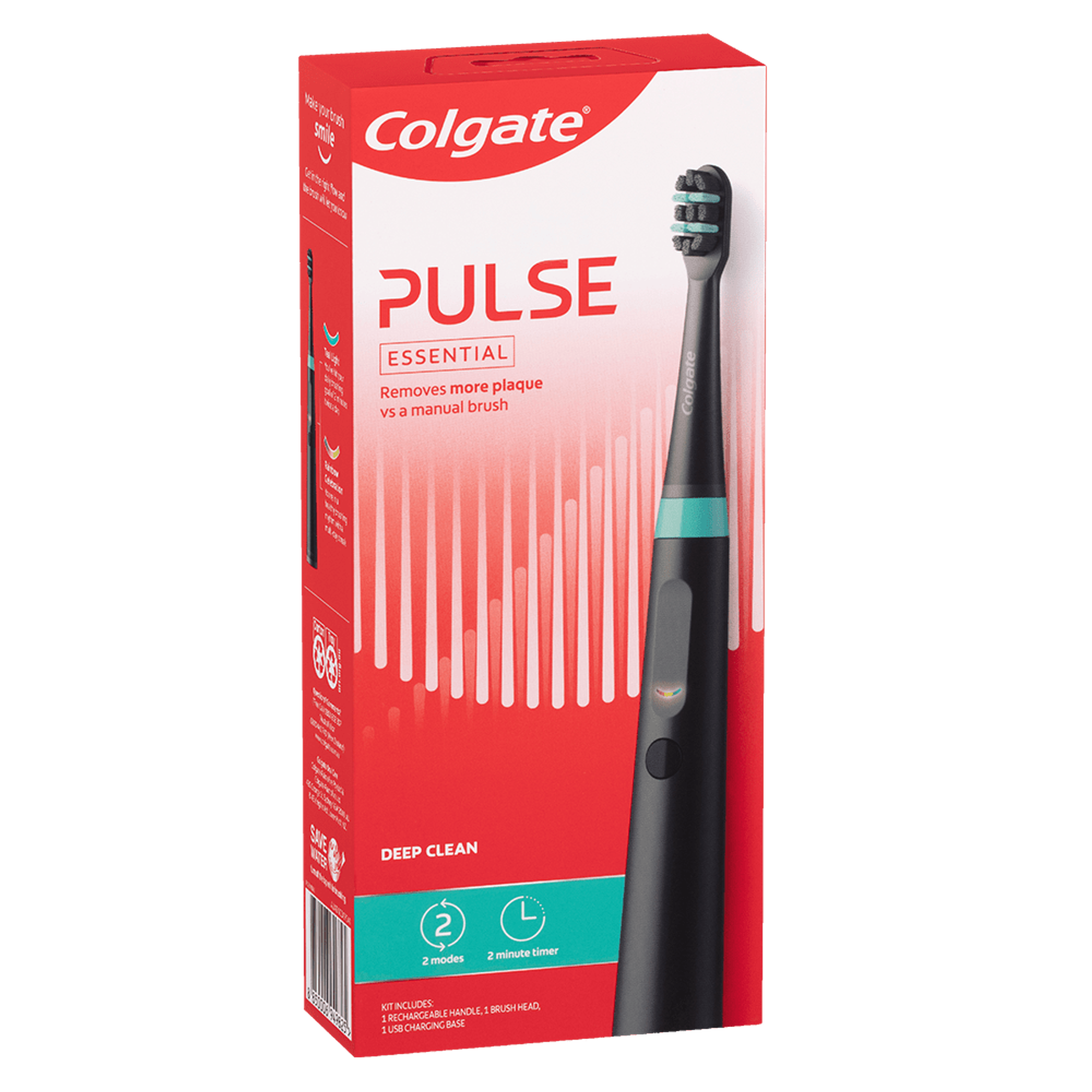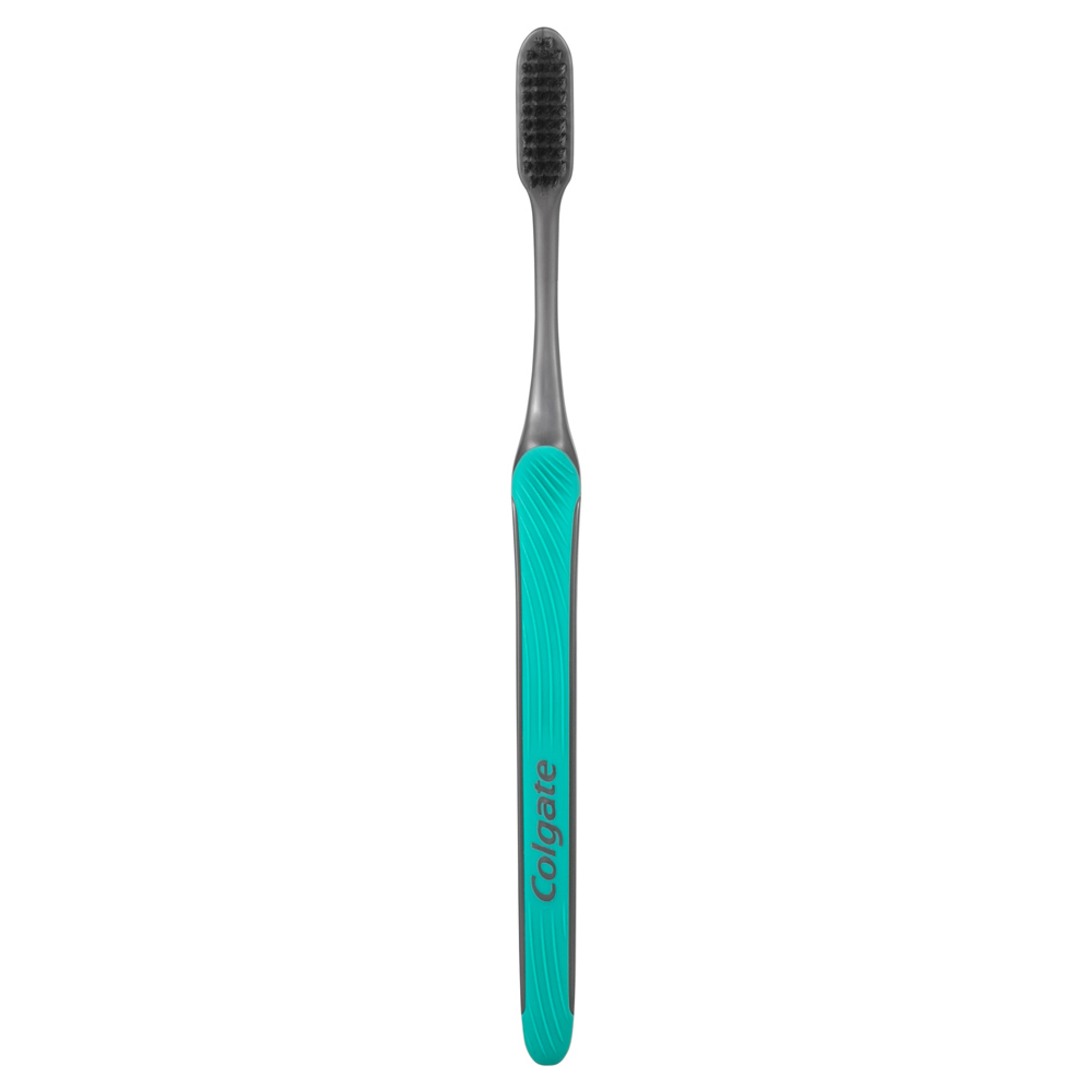-
-

BRUSHING & FLOSSING
How to BrushWhat Is the Right Way to Brush?
Proper brushing takes at least two minutes — that's right, 120 seconds!...

BRUSHING & FLOSSING
How To FlossWhat is the Right Way to Floss?
Proper flossing removes plaque and food particles in places where a toothbrush cannot easily reach... -
Science & Innovation
- Colgate® | Toothpaste, Toothbrushes & Oral Care Resources
- Oral Health
- What Causes Tooth Sensitivity: The Science Behind the Pain


Do you ever wince at the thought of biting into ice cream or drinking hot tea? If so, you may suffer from sensitive teeth – and you could be suffering unnecessarily. Tooth sensitivity is a common and painful condition, and any number of underlying dental problems can cause it. Although the best person to diagnose this condition is your dental professional, there are a few things that are helpful to know.
How dentine hypersensitivity starts
Your teeth become sensitive when they lose their protective covering, allowing the nerves to become overly sensitised. To understand this, let’s take a look at the anatomy of your tooth.
The inside of your tooth is mostly made of a material called dentine, which surrounds the pulp of the tooth at the very centre. The pulp is a soft tissue containing nerve fibres. The dentine contains microscopic tubules which communicate with the pulp of the tooth and hence, the nerve fibres. A hard outer layer of enamel protects the dentine on the crown portion of your tooth, and a layer of cementum protects the dentine on the root of your tooth.
According to healthdirect, dental erosion causes dentine hypersensitivity or nerve irritation. The dentine loses its protective covering of enamel or cementum, exposing the nerve endings in the pulp to hot, cold, acidic or sweet foods.
Causes of sensitive teeth
The following dental issues can cause sensitive teeth:
- Worn tooth enamel from using a hard toothbrush and using a hard grip while brushing aggressively (this can also cause gums to recede)
- Tooth erosion due to highly acidic foods and beverages
- Tooth decay, worn, leaky fillings and broken teeth that expose the dentine of your tooth
- Receding gums that leave your root surface exposed
- Grinding your teeth at night to the extent that dentine is exposed by tooth wear
- Post-dental treatment sensitivity (this is common, but temporary, especially with procedures such as crowns, fillings and tooth bleaching)
Preliminary dental treatment
A conversation with your dental professional should be the first step in finding relief from your discomfort. Describe your symptoms, tell your dental professional when the pain started and let them know if there’s anything that makes things feel better, or worse.
After your dental professional determines the reason for your sensitivity, he or she will treat the underlying cause. Treatment may be as simple as fixing a cavity or replacing a worn filling. Alternatively, if your discomfort comes from gum loss that is exposing root surfaces, your dental professional may suggest a gum graft. A periodontist may perform a gum graft to protect the root surface in certain specific circumstances.
Desensitising products
If the pain is due to exposed dentine, there are numerous treatments to help you manage the sensitivity. Your dental professional can apply an in-office fluoride gel to strengthen tooth enamel and dentine, and reduce painful sensations. You can also purchase desensitising toothpaste that can help block the dentine tubules or numb the nerve endings in the pulp. Your dental professional may also suggest that you rub some of the toothpaste directly on the affected areas after brushing.
There is no need to suffer pain unnecessarily, especially when your tooth sensitivity can usually be improved with some help from your dental professional. So if you’ve been suffering from painful sensitivity that keeps you from eating the foods you love, make an appointment with your dental professional today.
This article is intended to promote understanding of and knowledge about general oral health topics. It is not intended to be a substitute for professional advice, diagnosis or treatment. Always seek the advice of your dentist or other qualified healthcare provider with any questions you may have regarding a medical condition or treatment.
Related Products

Helping dental professionals
More professionals across the world trust Colgate. Find resources, products, and information to give your patients a healthier future











